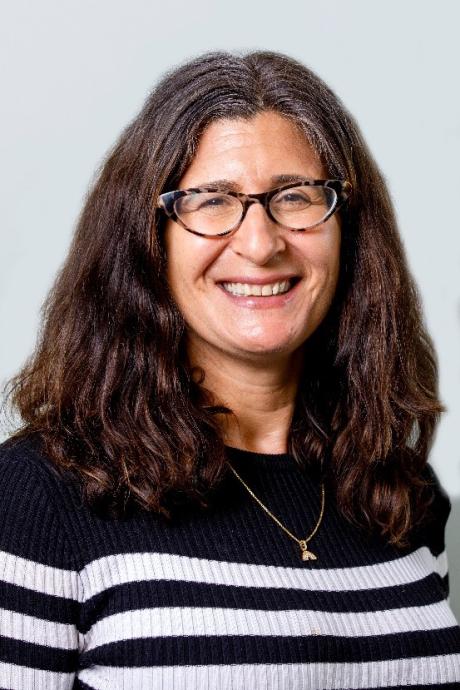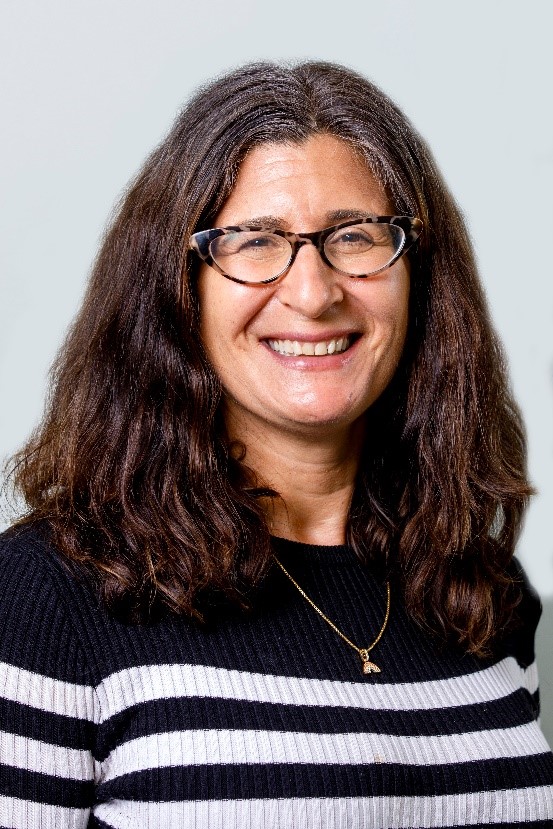Naar's lab to lead study of HIV spread with $6.5 million NIH grant


The Florida State University College of Medicine has received a $6.5 million National Institutes of Health grant to look at slowing the spread of HIV in young adults, the only demographic where infection rates are rising.
Though new HIV cases increased during the COVID-19 pandemic, the overall
number has been slashed by half over the past 20 years with the exception of one age group — young adults ages 24-29. That group has not seen a decrease in cases in a decade.
Led by FSU Endowed Distinguished Professor of Behavioral Sciences Sylvie Naar, researchers will examine a broader age group of “emerging adults” ages 18-29 to see whether effective intervention can change the numbers. Members of this demographic experience significant changes in social roles, expectations and responsibilities that can leave them vulnerable to increased alcohol use and poor self-management of HIV infections.
“We have to focus not only on the health of these young people — there are about 10,000 young people living with HIV in the state — but also prevention,” said Naar, the founding director of FSU’s Center for Translational Behavioral Science (CTBS). “If young people take their medications and reduce their alcohol use, their viral burden is down, and they are less likely to transmit the virus.”
The five-year grant, awarded by NIH’s National Institute of Alcohol Abuse and Alcoholism, will fund research tailored to the age group, which relies on technology for communication and engages in different risk behaviors than the overall population. Research participants will be recruited predominantly through social media. Data collection — via a wrist sensor — will be securely transmitted and captured through links participants receive, and interventions will take place through videoconferencing.
“The entire center is virtual,” said Naar, who wrote the grant proposal during the onset of the pandemic. “We specifically planned this to be kind of pandemic-resilient.”
An added benefit to being virtual is the ability to include participants from rural areas; most research has been done in cities, Naar said. Going statewide aligns with the College of Medicine’s mission, especially regarding the underserved in rural areas. In addition, Florida Department of Health statistics show 75 percent of youth living with HIV are ethnic minorities, some of whom are transgender.
“We really got this because there are not a lot of people around the country focused on young people,” Naar said. “We were the only applicant that focused on young people. That’s something NIH really wants to support.”
The collaborative effort will include researchers from the University of Florida, the University of Central Florida and Nova Southeastern University. The research will be broken into three projects: defining new intervention strategies, engaging youth, and sustaining behavioral change through interventions.
UF’s Clinical and Translational Science Institute, FSU’s partner in one of two Clinical and Translational Science Awards (CTSA) in the state, will lead the wireless wrist sensor project, which will monitor the use and levels of alcohol intake of the participants. In addition, it will develop online surveys, and both manage and analyze data. The CTSA is supported in part by the NIH National Center for Advancing Translational Sciences under award number UL1TR001427.
The CTBS Community Youth Advisory Board, which Naar developed upon her arrival at FSU in 2018, will help recruit participants through social media and dating apps. Since its creation, the board has organized itself as a nonprofit, which provides advisory services to FSU and outreach to youth across the state independently.
“Recruiting youth living with HIV [to participate] is not easy,” Naar said. “(Board members) can say, ‘OK, Florida State’s Dr. Naar is someone you can trust, you should consider enrolling in these studies.’ That makes a big difference. That’s a very different model of community engagement that we’re rolling out with this grant.”

